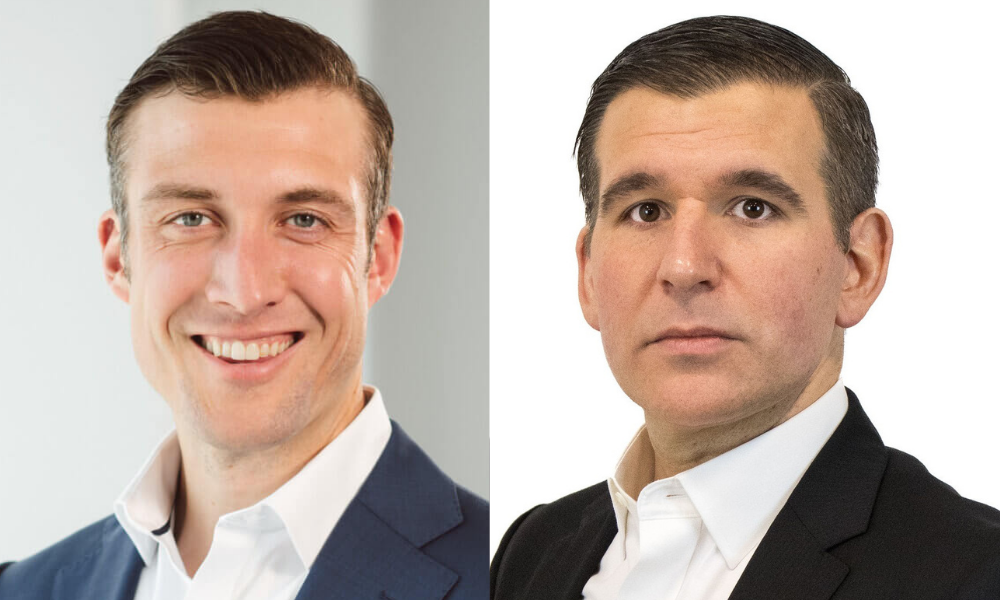

There is an old saying: "A camel is a horse designed by a committee." And that’s more or less why top wealth management firms follow strict and structured practices to make sure their investment committees run smoothly – to keep their client portfolios from becoming metaphorical camels.
An investment committee (IC) has many core benefits from an investment perspective – governance, diversity of perspective, risk management, and accountability. The general consensus among financial advisors is that a structured approach leads to more prudent investment decisions and better client outcomes.
For example, TritonPoint Wealth, which manages around $1.8B in assets, has an IC with four voting members led by partner and CIO Will Sterling. According to Sterling, the formalization of an investment committee allows for their advisors to communicate the firm’s people, philosophy, and process in a consistent manner to clients. He adds there are also benefits to the organization such as sharing expertise and mentorship.
Sterling said clients appreciate the group effort that goes into making investment choices.
“Having an IC and being able to more formally detail how investments arrive into client accounts has been additive and increased our clients’ knowledge,” Sterling said.
In terms of best practices, Sterling has found that consistency and structure are the keys to success for ICs.
“We have found that starting at 8AM is best instead of later in the day with a formal agenda with materials sent in advance and an expectation that members arrive prepared. Structure sub-committees or functional leads are assigned for different focus areas to create accountability, plus we assign note taking and meeting minutes to a non-voting member who shares the notes after every meeting,” Sterling said.
Elsewhere, Pat Nerney, head of investment solutions at Dynasty Financial Partners which has over $100B of assets on its platform, sits on several investment committees, both internally and for RIAs where they are acting in an advisory or OCIO capacity. In his view, investment committees serve as one of the most effective ways to stress-test ideas and keep the investment process sharp and consistent.
“An IC makes sure decisions aren’t based on gut instinct or chasing headlines. It’s a way to slow down just enough to think through risks, timing, and client impact. Also, having a group of people with different perspectives usually leads to better decisions and avoid blind spots,” Nerney said.
Nerney also warns against making the IC “too formal, too early.”
“The best committees I’ve seen are collaborative, practical, and evolve over time as the business grows,” Nerney said.
Like Sterling, Nerney believes clients appreciate and understand the benefits of an IC, especially when they see it as part of a thoughtful, disciplined process.
“It shows we’re not acting on impulse, and that there’s a team behind the recommendations. Sometimes we even share highlights from committee meetings with clients, and it helps them stay engaged and confident in the strategy,” Nerney said.
Finally, Daniel Lash, partner of VLP Financial Advisors, which oversees approximately $1B across approximately 650 clients, feels his IC allows the firm to share and debate varying investment philosophies, investment types and asset allocation, ultimately enabling them to provide best in class portfolios for clients.
Lash believes an IC is only as good as its participants, which is why he recommends including CFP designation holders and at-least one CFA on the team.
“Clients have expressed appreciation for our committee correspondence which provides market updates, investment analysis, analysis of any investment changes in portfolios and portfolio allocation changes,” Lash said.

President says he has a ‘couple of people in mind’ for central bank role.

Wall Street firm partners with Dutch online broker to fuel push into EU market.

Agreement with the US Department of Justice comes eight years after settlement.

Series C funding will accelerate unification of TAMP’s model portfolios.

While industry statistics pointing to a succession crisis can cause alarm, advisor-owners should be free to consider a middle path between staying solo and catching the surging wave of M&A.
Orion's Tom Wilson on delivering coordinated, high-touch service in a world where returns alone no longer set you apart.
Barely a decade old, registered index-linked annuities have quickly surged in popularity, thanks to their unique blend of protection and growth potential—an appealing option for investors looking to chart a steadier course through today's choppy market waters, says Myles Lambert, Brighthouse Financial.
